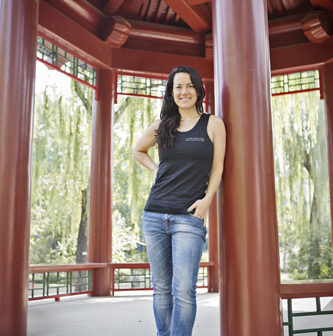Though South African freediver Hanli Prinsloo grew up on a farm eight hours from the ocean, she had big dreams of becoming a mermaid. By 19, Prinsloo had begun her professional freediving career and went on to become an 11-time record holder for competitive freediving. Today, she is an inspirational speaker and founder of I AM WATER, a charitable trust dedicated to ocean conservation. Recently, Prinsloo visited the Western Academy of Beijing (WAB) to answer questions about the world beneath the waves.
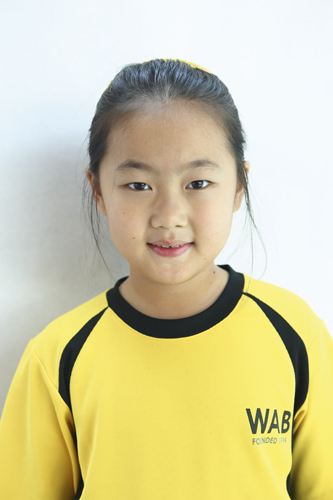
Erica, 6, US
How did you get interested in becoming a freediver?
I met a really good freediver when I was studying, and he asked me if I wanted to try freediving, which I’d never heard of. I swam down and sat at the bottom – it was so peaceful. From that day on, I knew it was what I wanted to do.

Ernest, 9, US/China
Is freediving easy?
It’s easy if you’re doing it the right way. It’s important that you’re very calm and relaxed when you freedive. If you’re nervous and fidgety, it’s hard.

Lucy, 7, US
How long can you hold your breath?
Six minutes if I’m just laying still in the water not moving, but when I’m swimming I can usually hold my breath for about three and a half minutes.
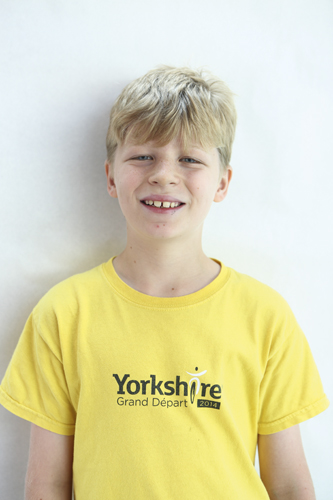
Oscar, 10, UK
What drives you to go underwater with such high risks?
Curiosity. I love seeing places not many people have seen and meeting different kinds of animals. I’m also curious to explore things other people think are impossible. If people think it’s too dangerous to dive with tiger sharks, I think it’s interesting to dive with them and see if it’s true.
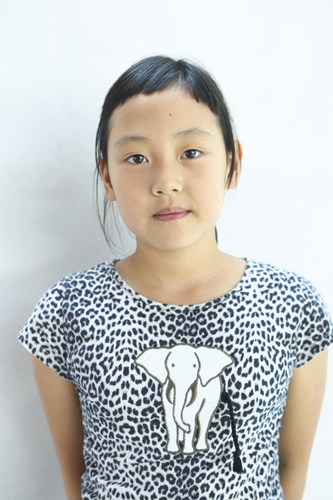
Nou Nou, 9, Singapore
Where is your favorite place to dive?
Cape Town because there are so many different kinds of animals. But for blue clean water, I love the Maldives.

Viola, 9, US
Do you ever get scared when you go freediving?
One time I was diving deep on a competition dive in Sweden, where the water gets really dark. We always put torches at the bottom of the rope for light at the bottom. When I go down, I close my eyes and this time, when I opened my eyes, it was pitch black and I thought I’d gone blind. I got really scared because I thought something happened and I’d lost my sight. The fact was that the batteries in the torches had stopped working. When I got to the surface, I realized that sometimes it’s the things that happen in our own heads that scare us more than what’s in the ocean.
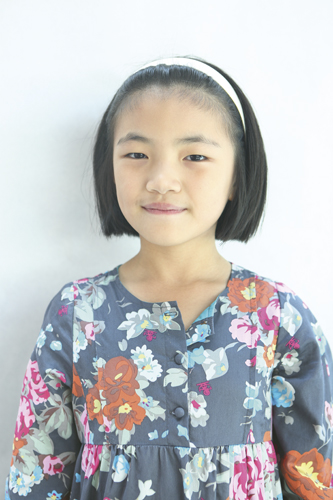
Cheyanne, 7, Singapore
Why did you start I AM WATER?
I started I AM WATER [at a time when]when I had been doing a lot of freediving competitions and world championships. I didn’t feel the competition was really rewarding much anymore. I wanted to share the ocean with other people and that’s why I started I AM WATER in 2010 in South Africa. Now also have projects in Bermuda, Mozambique, and we’re hoping to start projects in China.
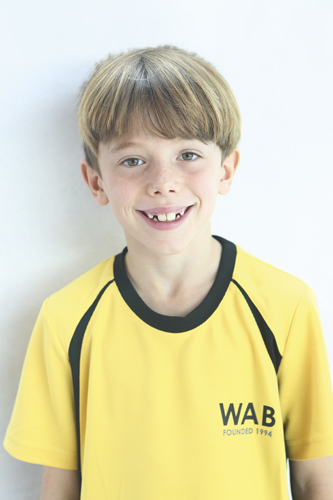
Oskar, 8, Canada
What’s the most unique animal you’ve swam with?
In South Africa, we have the sevengill shark. It’s as old as some dinosaurs, so it’s actually like swimming with a living fossil. The more modern shark has five gills, but the sevengill shark has survived for hundreds of thousands of years.

Ollie, 10, New Zealand
Is there a fish that you are really curious to see?
It’s one of my dreams to swim with orcas, or killer whales. I’m also curious to meet belugas, the white whales in Russia and Canada. They’re incredibly gentle and under a lot of threat. They’re being caught, put in aquariums, and all kinds of things are happening to them.
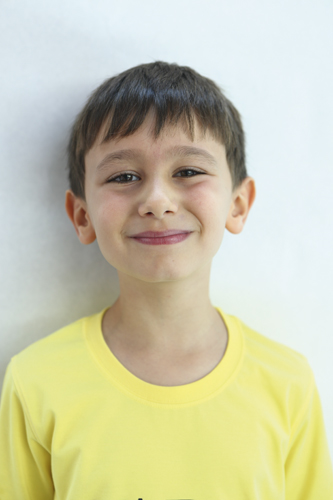
Jeremy, 7, Malta
Over the years, have you noticed the effects of pollution and global warming?
I’ve noticed a lot of pollution. In quite a few places, you go into the water and there are so many beautiful things to see but when you come out, there’s so much rubbish. In Sri Lanka, we found an island covered with nets, plastic bottles, plastic bags, and dead fish and birds stacking it. Global warming is harder to notice sometimes. As the water temperature gets higher, the corals die and I’ve been to some places where the corals are completely dead and don’t have color anymore.
This article originally appeared on p36-37 in the December 2014 issue of beijingkids. To view it online for free, click here. To find out how you can obtain your own copy, email distribution@truerun.com.
Photos: Ken

